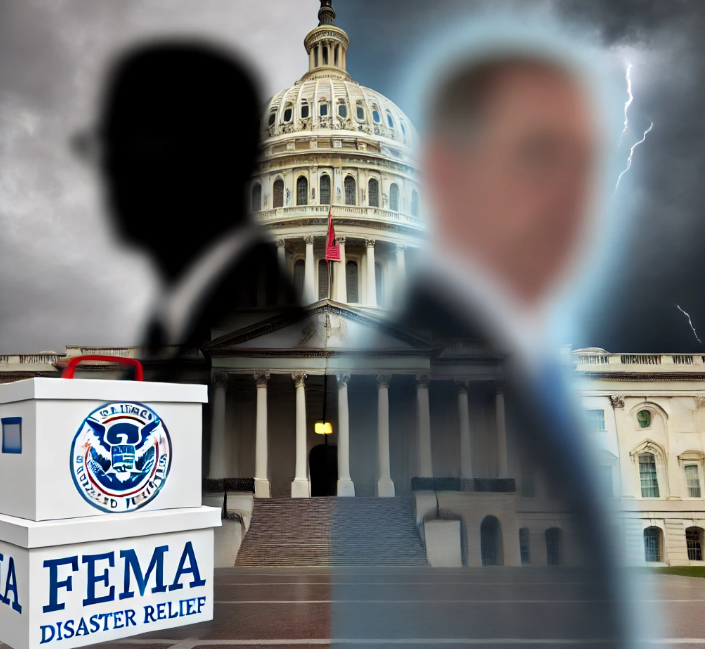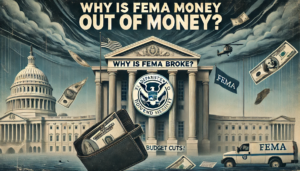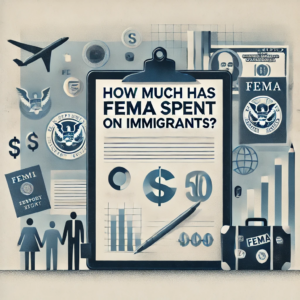
There’s been a lot of attention on FEMA lately—both for the critical role it plays in disaster recovery and the political drama surrounding its funding. Contrary to rumors, FEMA isn’t out of money, but the agency is facing serious financial strain due to a series of intense disasters, including Hurricanes Helene and Milton. Adding fuel to the fire, more than 100 Republican lawmakers recently voted against a bill to boost FEMA’s funds, causing controversy, especially as some of these same politicians are now asking for federal disaster aid for their own states.
Republicans Who Voted Against FEMA
A group of House Republicans recently voted against a stopgap bill that would have provided additional FEMA funding. This decision has been criticized since several of these lawmakers are now requesting federal aid to help their communities recover from recent hurricanes. Florida Republicans, including Senator Rick Scott, opposed the bill but later called on FEMA to provide financial assistance for the state’s recovery efforts after Hurricane Milton. This has sparked accusations of political hypocrisy from Democrats and in the media, given the contradiction between opposing the funding and now asking for aid. Senator Scott, in particular, has faced backlash for taking credit for disaster relief that he previously voted against.
Why Did Republicans Vote Against FEMA Funding?
Lawmakers who voted against the FEMA funding defended their decision by pointing to concerns about government spending and the national debt. They argued that the bill bundled emergency disaster aid with other provisions that they found objectionable. These Republicans maintained that disaster aid should come from existing funds in the budget, not from emergency allocations that add to the federal deficit. Some also saw their vote as a statement against how the bill was packaged as part of a strategy to avoid a government shutdown. However, critics argue that these justifications ring hollow, especially now that many of these same lawmakers are requesting federal assistance.
What Does This Mean for FEMA?
FEMA’s financial situation is tight but manageable—for now. The agency is not entirely out of money, but it has switched to Immediate Needs Funding (INF) to ensure life-saving operations, such as rescue missions and emergency food distribution, continue uninterrupted. However, with Hurricanes Helene and Milton requiring significant resources, longer-term recovery projects may be delayed until additional funding becomes available. FEMA officials have reassured the public that emergency operations won’t be affected, but they warn that congressional delays could hinder recovery efforts down the line.
What Happens Next?
FEMA’s ability to respond to disasters hinges on timely action from Congress. As natural disasters become more frequent and severe due to climate change, the strain on FEMA’s budget is likely to increase. The political wrangling over funding shows how difficult it can be to balance fiscal responsibility with the urgent need for disaster relief. Whether Congress can come together to approve more funding will determine how well FEMA can support communities through current and future crises.
This controversy highlights the importance of preparation—not just in disaster-prone areas, but also in Washington. With the climate crisis making severe storms more common, FEMA’s financial challenges are a sign that disaster relief efforts must evolve. The ability of lawmakers to prioritize funding will play a crucial role in how quickly communities recover from storms like Milton—and in how well the nation prepares for the next disaster.






